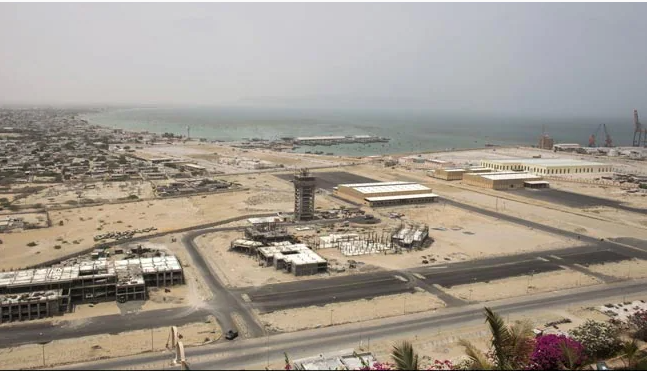AMSTERDAM: China’s Belt and Road Initiative (BRI) is likely to cause significant environmental risks, apart from economic, legal and sovereignty issues, a report has said.
While BRI promises to create opportunities for the South Asian states to facilitate a more sustainable growth model, it implies significant environmental risks.
South Asia, including Nepal, is among the main regions likely to be hit severely by the negative environmental impact of climate change.
According to the European Foundation for South Asian Studies (EFSAS), BRI announced by Beijing in 2013, will exacerbate these trends.
By investing in physical infrastructure throughout the world, China seeks to consolidate and expand its global economic and political role, and further facilitate global economic interactions, it added.
The Environmental Kuznets Curve (EKC) report, meanwhile, said that the environmental trends in South Asia generally correspond to the development trajectory that causes pollution through growing industrialization, which has become one of the key environmental characteristics of South Asia, according to the EFSAS.
What is more is that the BRI is underpinned by a clear developmental logic of industrial growth that is likely to further intensify environmental degradation, India’s NDTV has reported.
The BRI exports this infrastructure-driven growth model, including to South Asia.
Infrastructure investments are thus likely to exacerbate environmental issues if they are not sufficiently regulated and focused on utilizing renewable forms of energy consumption, said EFSAS.
For example, in the case of Pakistan, the envisioned so-called “China-Pakistan Economic Corridor” or “CPEC” bears several environmental hazards and climate change vulnerabilities apart from passing through Gilgit-Baltistan region, which is part of the Indian state of Jammu and Kashmir illegally occupied by Pakistan, according to the NDTV report.
Another major environmental risk stemming from CPEC is the large-scale deforestation for the purposes of constructing road networks, it added.
Vehicle trafficking is another associated hazard of CPEC, given that road networks such as the Karakorum Highway expects to carry 7,000 trucks per day, which would release 36.5 million tons of CO2, according to the report.
(With inputs from NDTV)









Comment